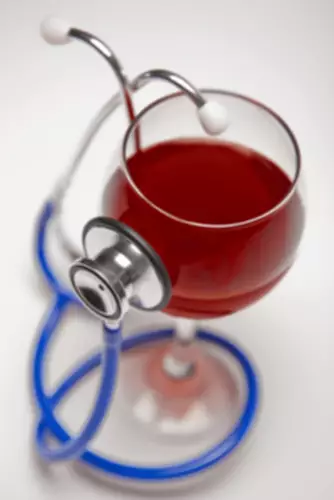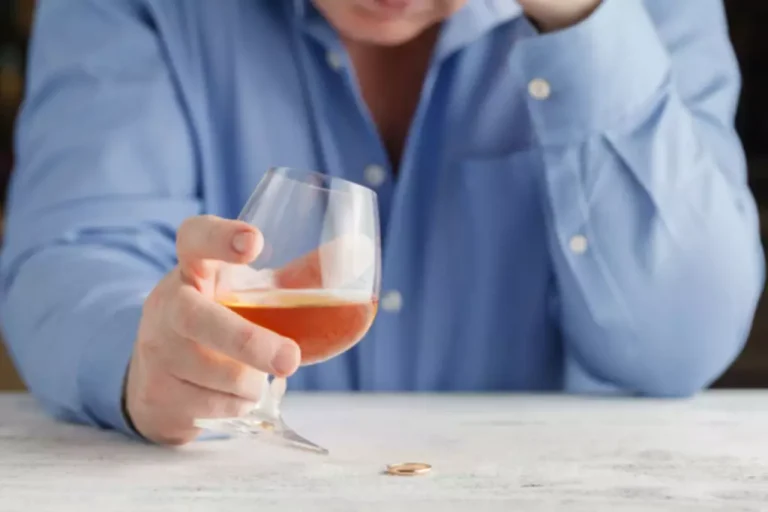
If you go back to where you used to drink, even if you don’t have alcohol, your brain still experiences some of the more euphoric parts of drinking, which can be triggering. I was tired of feeling guilty for giving my body something that made it miserable, tired of strategizing and rationalizing my alcohol consumption and tired of trying to get my brain to focus with so little sleep. Elaine Skoulas, a licensed marriage and family therapist based in L.A. Who specializes in addiction, said it’s not uncommon to reevaluate your drinking habits as you age. If you struggle with drinking or struggling to maintain your recovery from alcohol addiction, The Recovery Village Drug and Alcohol Rehab can help. Alcohol addiction experts have long been aware that stress increases the risk of alcohol relapse.
What Happens to Your Body When You Stop Drinking?

I don’t think anyone would have called me an alcoholic, but I knew I had a problem when I realized how often I was writing in my journal about how crappy wine made me feel. If alcohol hadn’t started affecting my sleep, I probably never would have given it up. I didn’t even stop when my husband and I started fertility treatment in 2020.
Difficulty Sleeping, Eating, or Concentrating
Heavy or ongoing alcohol consumption increases the risk of liver diseases, such as cirrhosis (severe scarring of the liver). Enjoying drinks with friends can be a fun way to socialize drinking again after sobriety and unwind, but it’s important to be aware of how long it takes to sober up after a night of drinking. Typically, it takes two hours for your body to metabolize one standard drink.
- After 12 days of abstinence from alcohol, most people who quit have very few withdrawal symptoms.
- If these emotions become excessive, they can hold you back from recovery.
- People in recovery can experience a lot of shame simply for having become addicted in the first place.
- Whether it’s for health, relationship, financial, or any number of reasons, consider creating a list on your phone of the reasons why you want to get and stay sober.
- When you stop drinking, you’re left without any natural or substance-induced moderation, which causes heightened anxiety, restlessness, and racing thoughts.
Natural Recovery by the Liver and Other Organs After Chronic Alcohol Use

Aside from the occasional craving, I don’t really think about alcohol. I drink raspberry shrub cocktails when I vacation with my girlfriends and go out for ice cream with my husband on the weekends. I’m less anxious and more present https://ecosoberhouse.com/ in conversations and in the world around me. “If you’re feeling flat, it’s unfortunately part of the recovery process, but try to take a walk or reengage in the activities that used to be pleasurable for you,” he said.
Cravings, Stomachache, and Anxiety
The symptoms you’re experiencing may not be the result of alcohol withdrawal symptoms. The second reason you might feel more anxious is because quitting alcohol can physiologically cause short-term anxiety. The central nervous system includes a neurotransmitter system that moderates racing thoughts. When binge drinking or consuming alcohol in excess, your body gets used to alcohol moderating those thoughts, and your natural moderation system stops doing its work. When you stop drinking, you’re left without any natural or substance-induced moderation, which causes heightened anxiety, restlessness, and racing thoughts. This can be a significant challenge in the first month, but with time, your brain will restore your natural moderation system and your anxiety will lessen.
- If you find it difficult to make new, sober friends, try joining a support group.
- Whether you drink beer, wine, or liquor, alcohol quickly enters your bloodstream and reaches your brain within minutes of your first drink.
- In terms of addiction, around 85 percent of the work I do is related to alcohol.
- The more tools you have for identifying triggers, coping with stress, and managing your new sober life, the easier you’ll prevent relapse.

